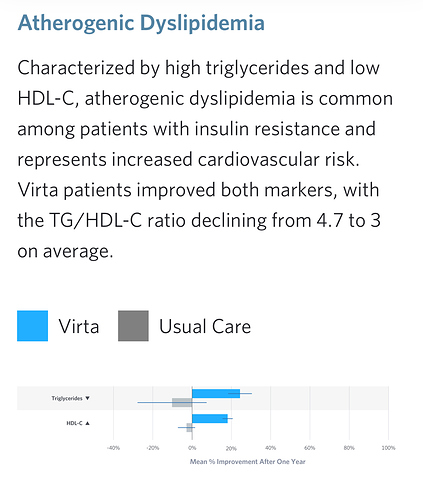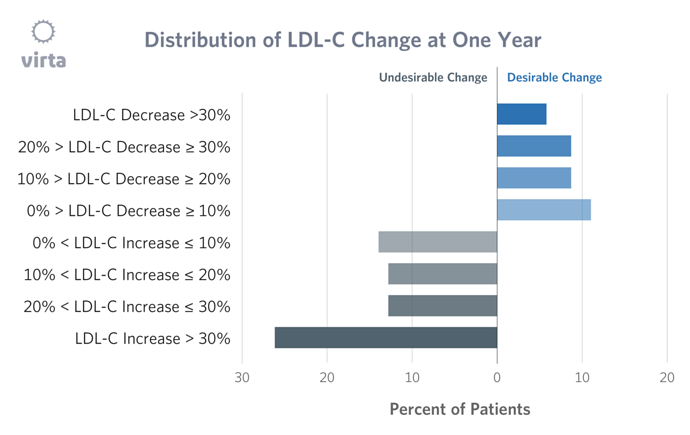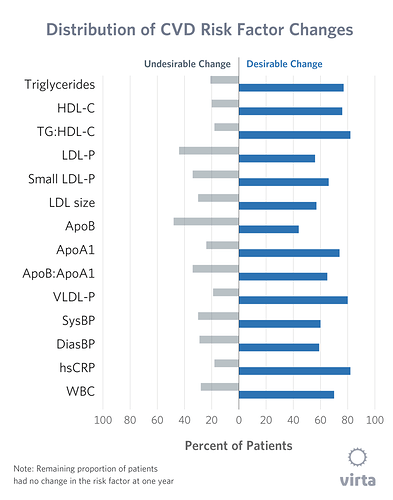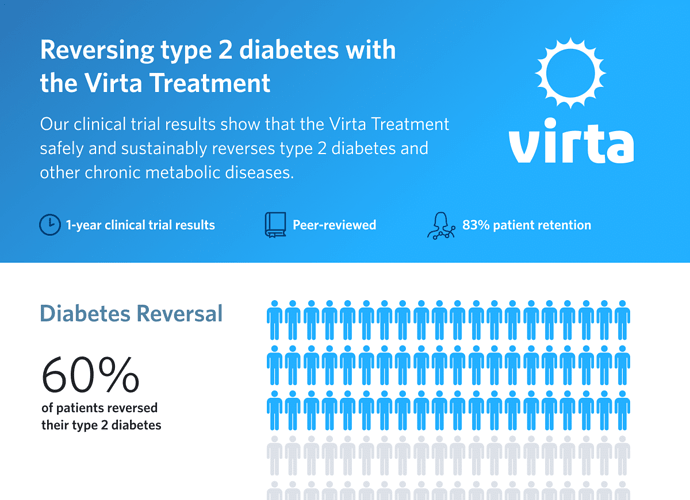Hi everyone! I’m hoping that maybe some of the folks here can guide me a little.
My oldest daughter has an assignment for High School. She’s in a health class that for it’s dietary recommendations is focused on the standard USDA recommended diet.
She was tasked with a project about “A Healthy Diet”. She came to me and said she was struggling because she wanted to get a good grade, but felt like she should at least try to look into the Keto alternative because my wife and I eat that way and she’s seen the impact it’s had on us. She emailed her teacher, and to the teacher’s credit she replied that she’s willing to work with my daughter on a project that compares the two ways of eating.
To give her some resources, I passed on a lot of the links that the 2 Keto guys provide in parts of their blog,and other parts of the 2 Keto Dudes site. I also provided her a link to this section of the forums.
My question to you all is…can anyone recommend a source or two that gives a reasonably concise comparison of the two diets that summarizes the benefits of the Keto diet she might be able to use as a good primary resource?
If anyone can point me to some good starting points that don’t get too far into the weeds, while citing appropriate studies and resources for further research, that would be fantastic!
Thanks!
Steve




